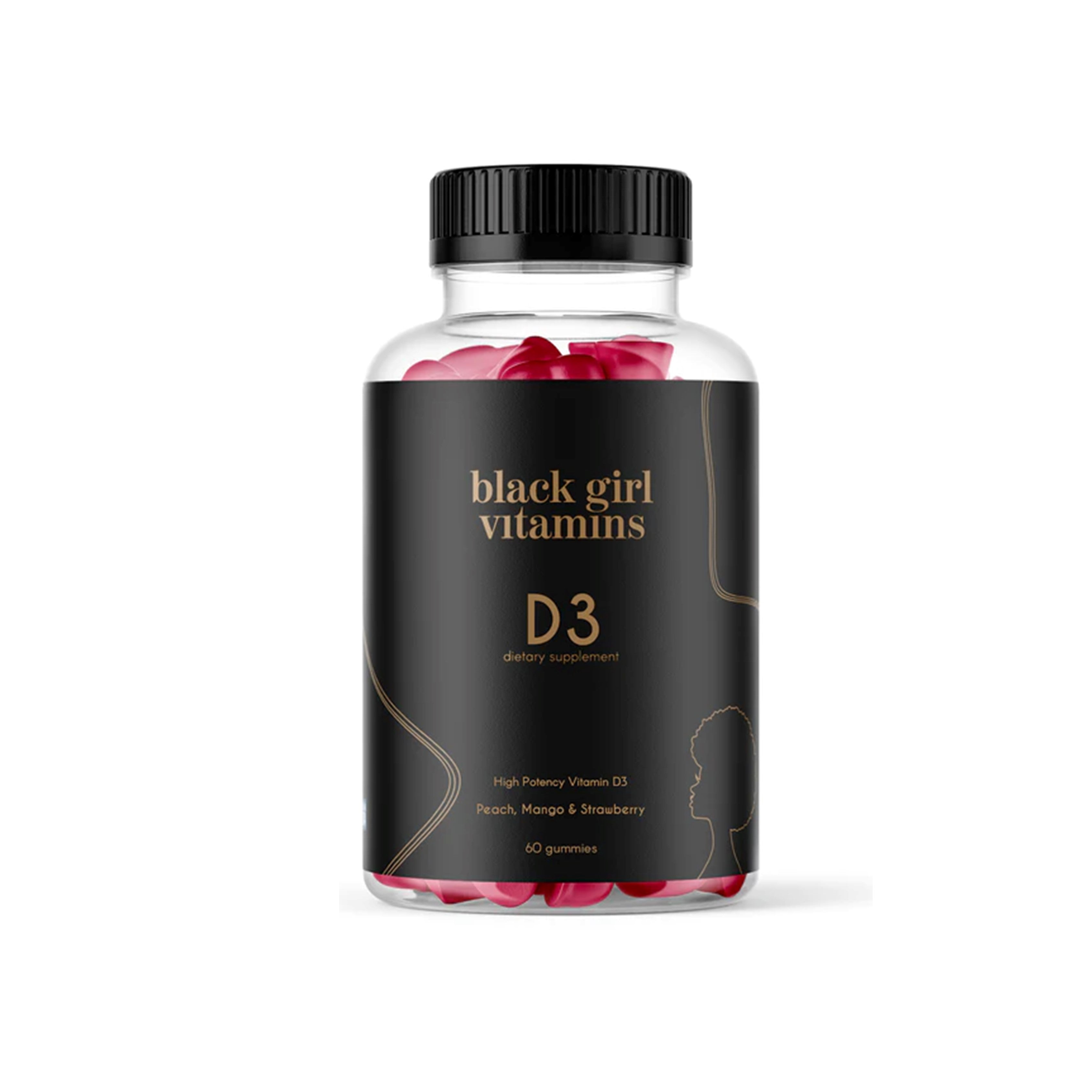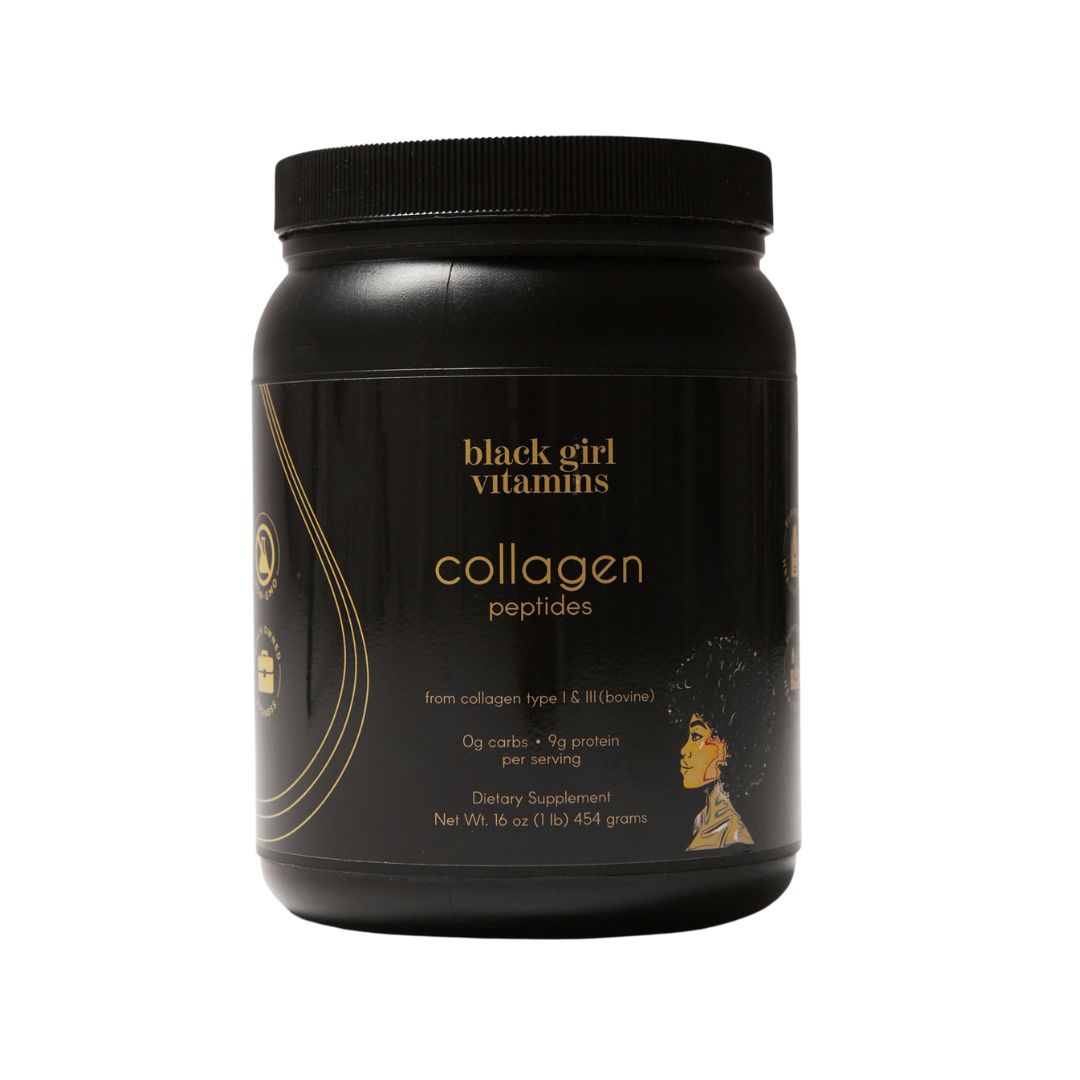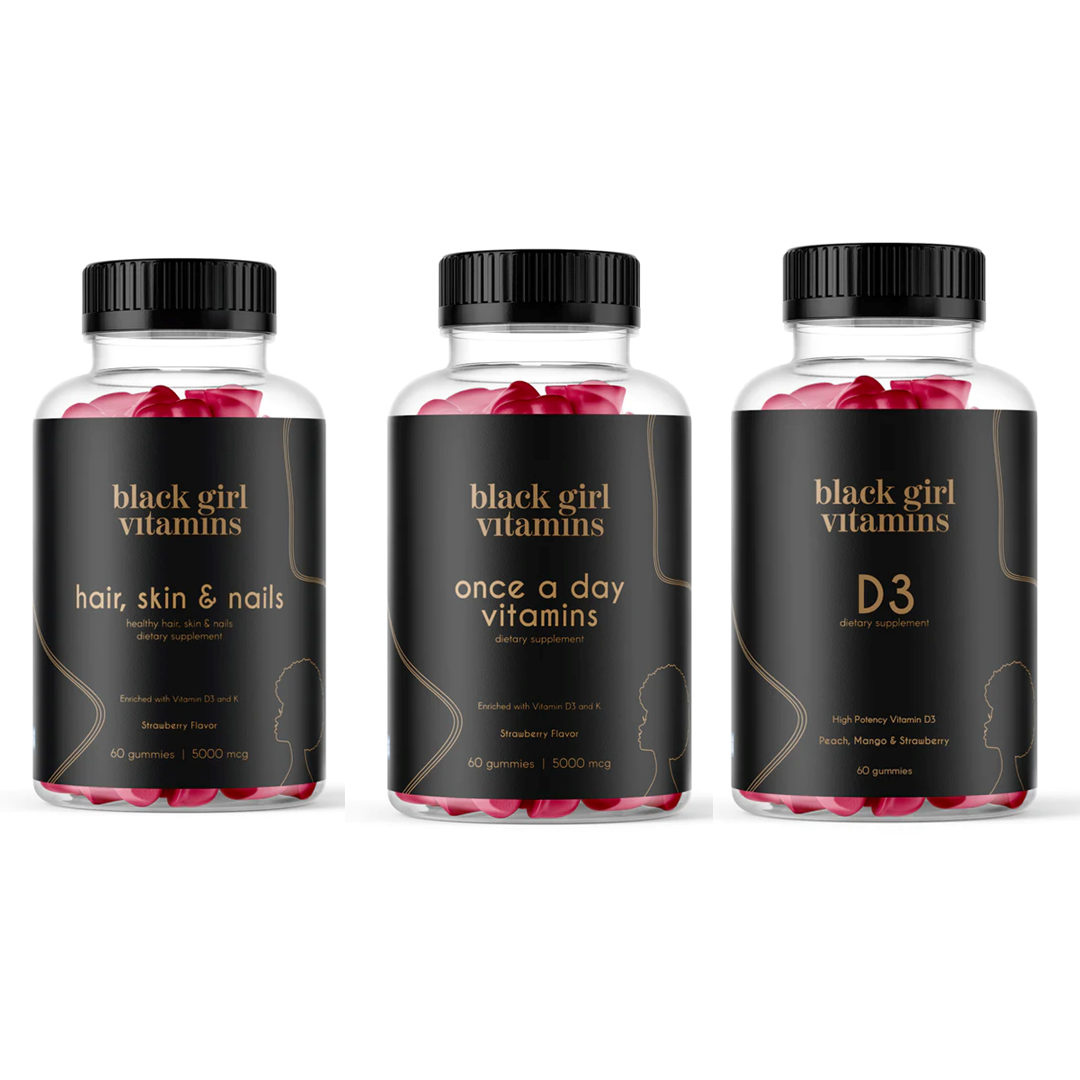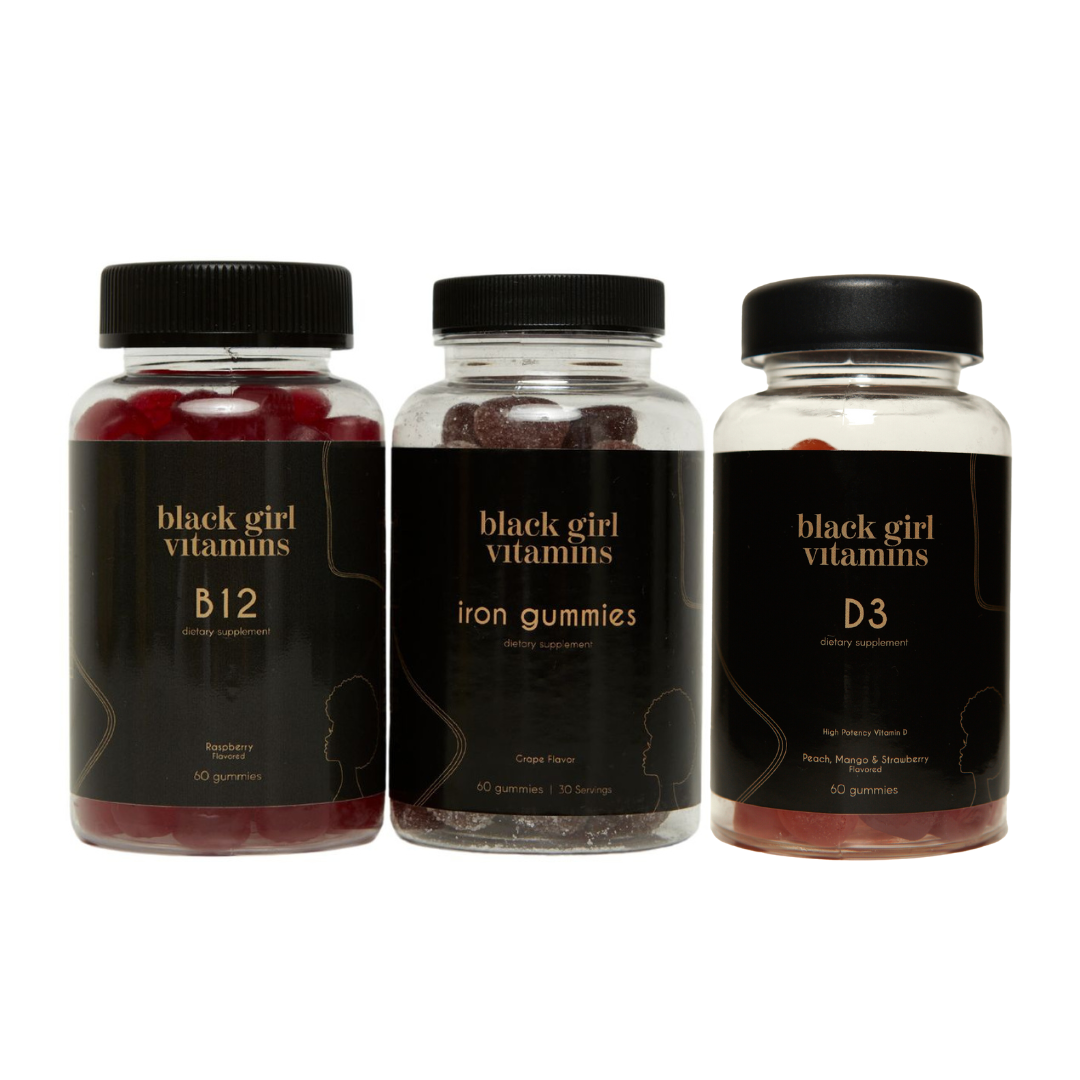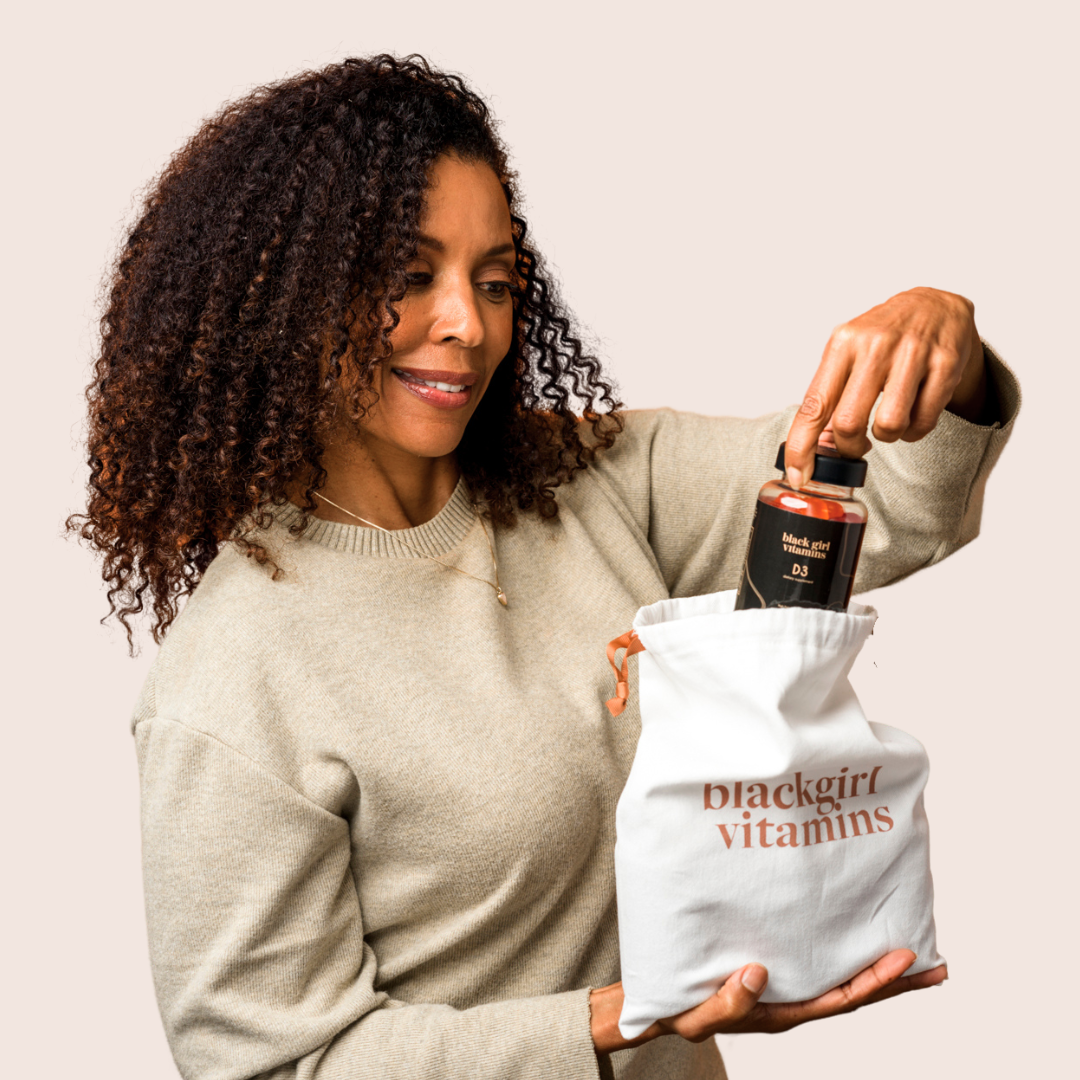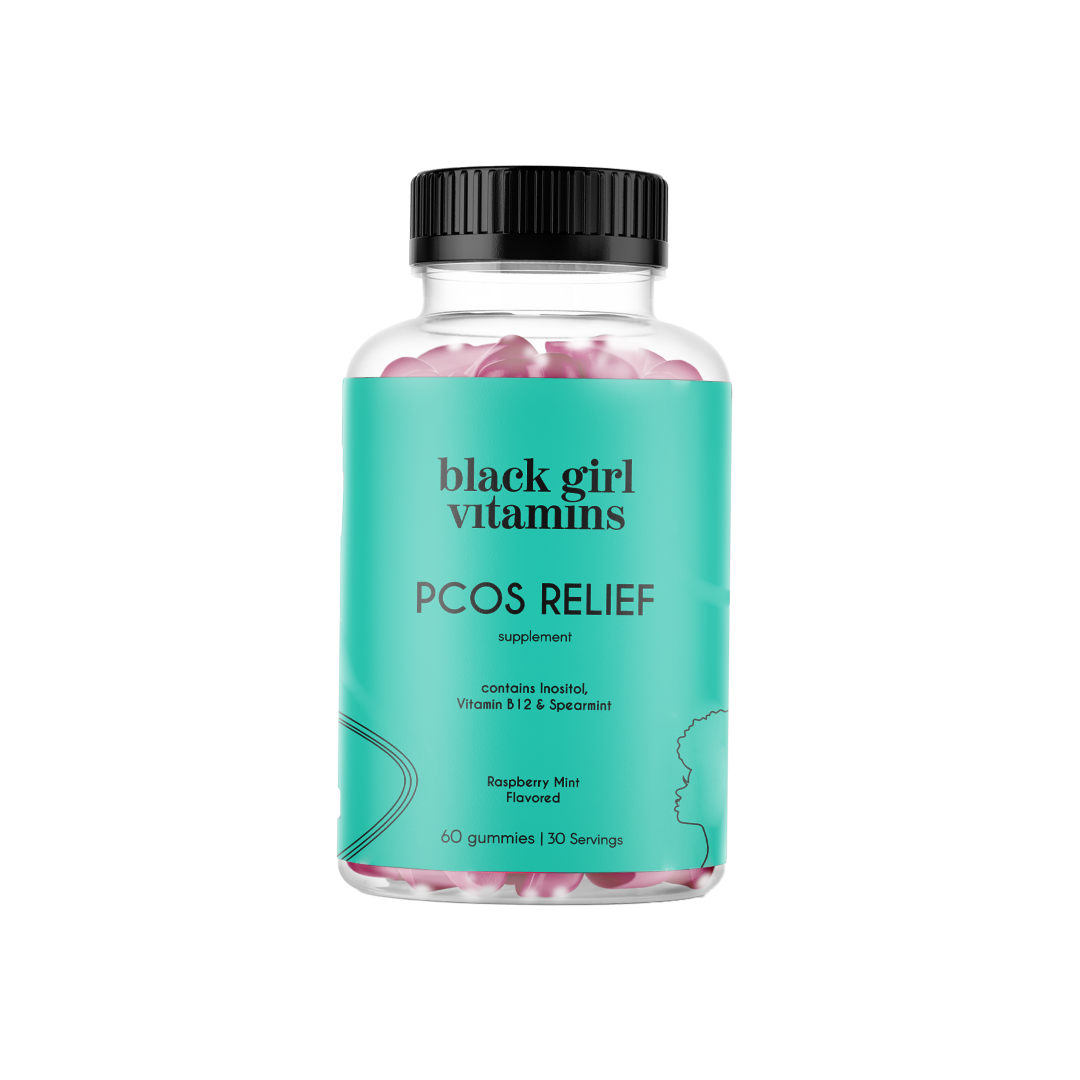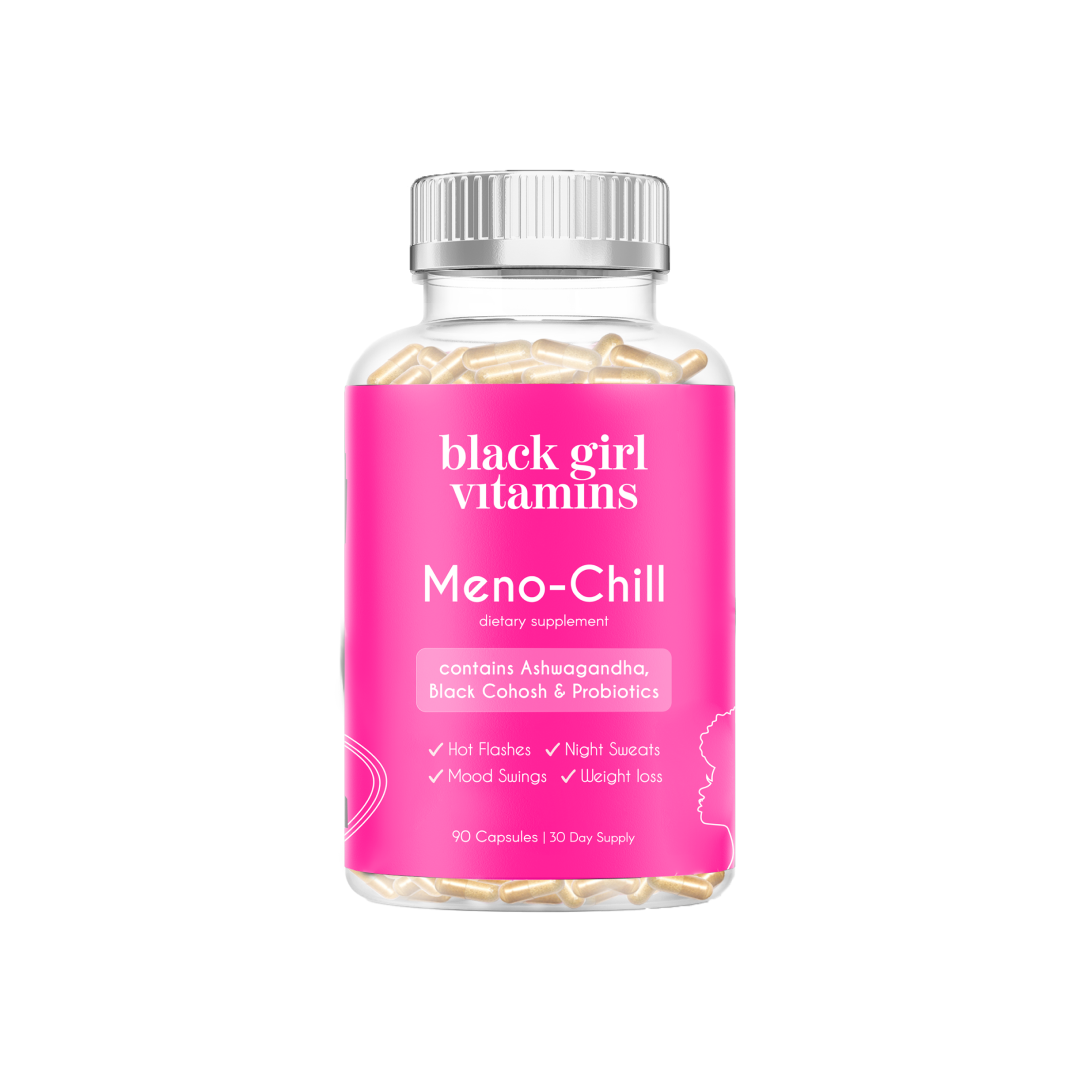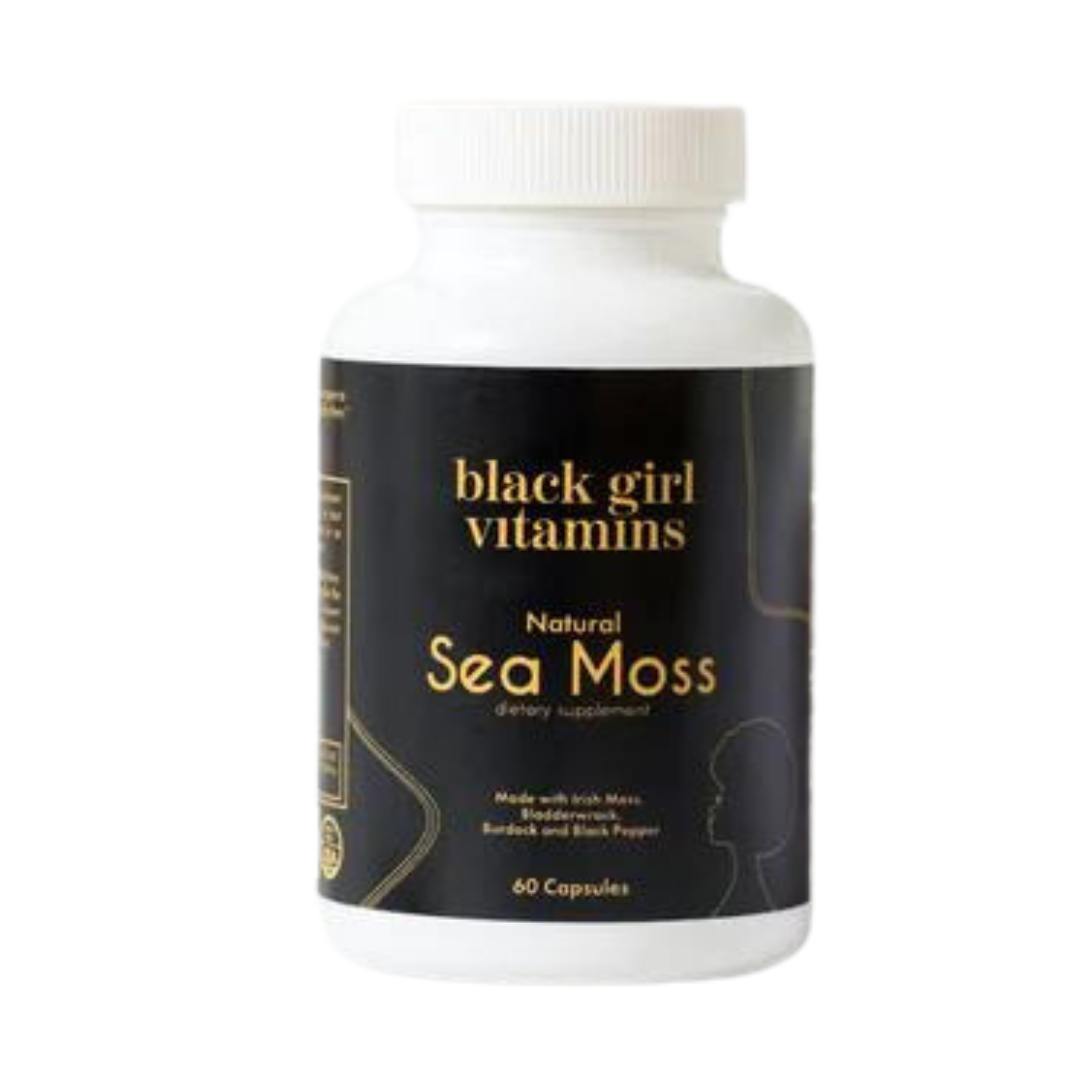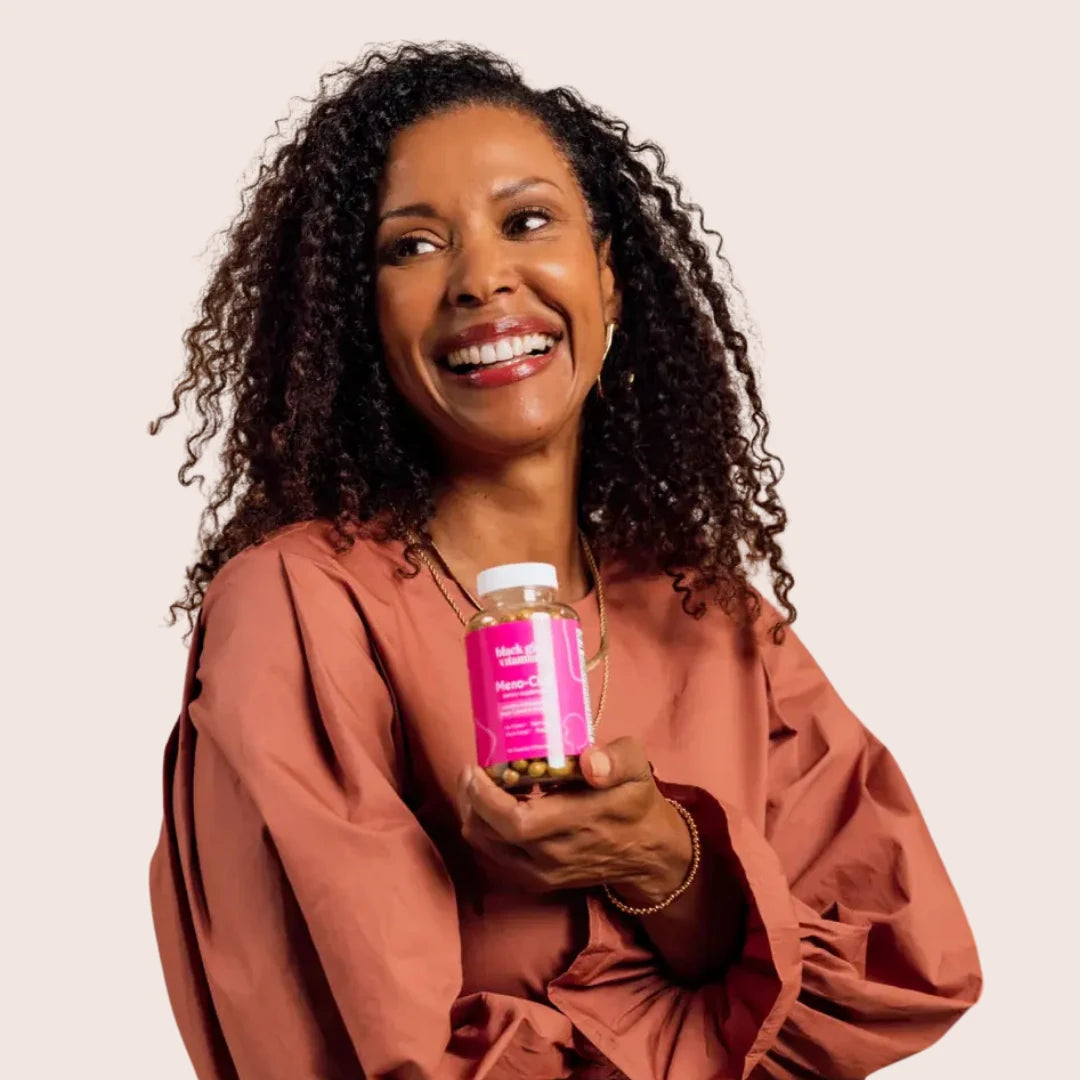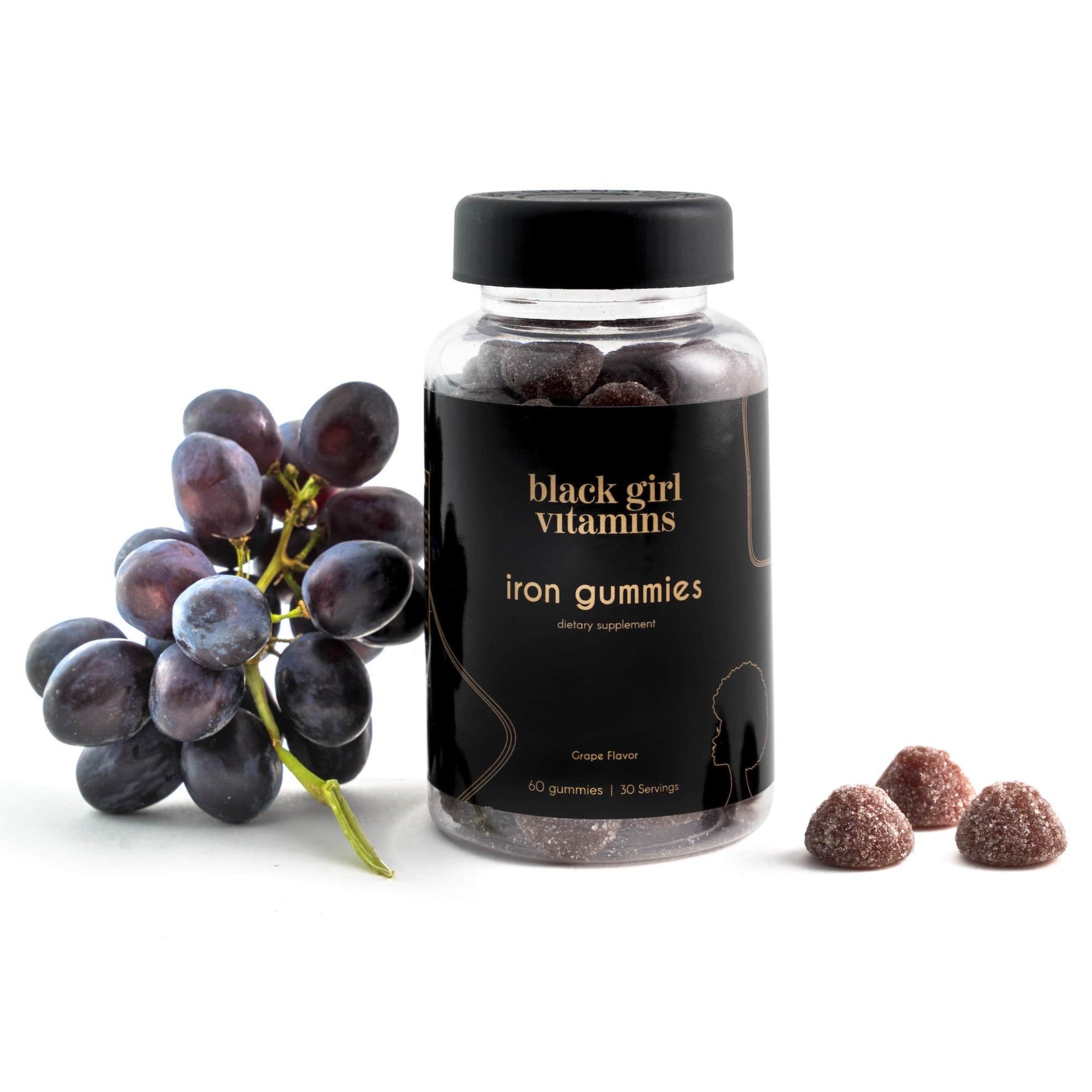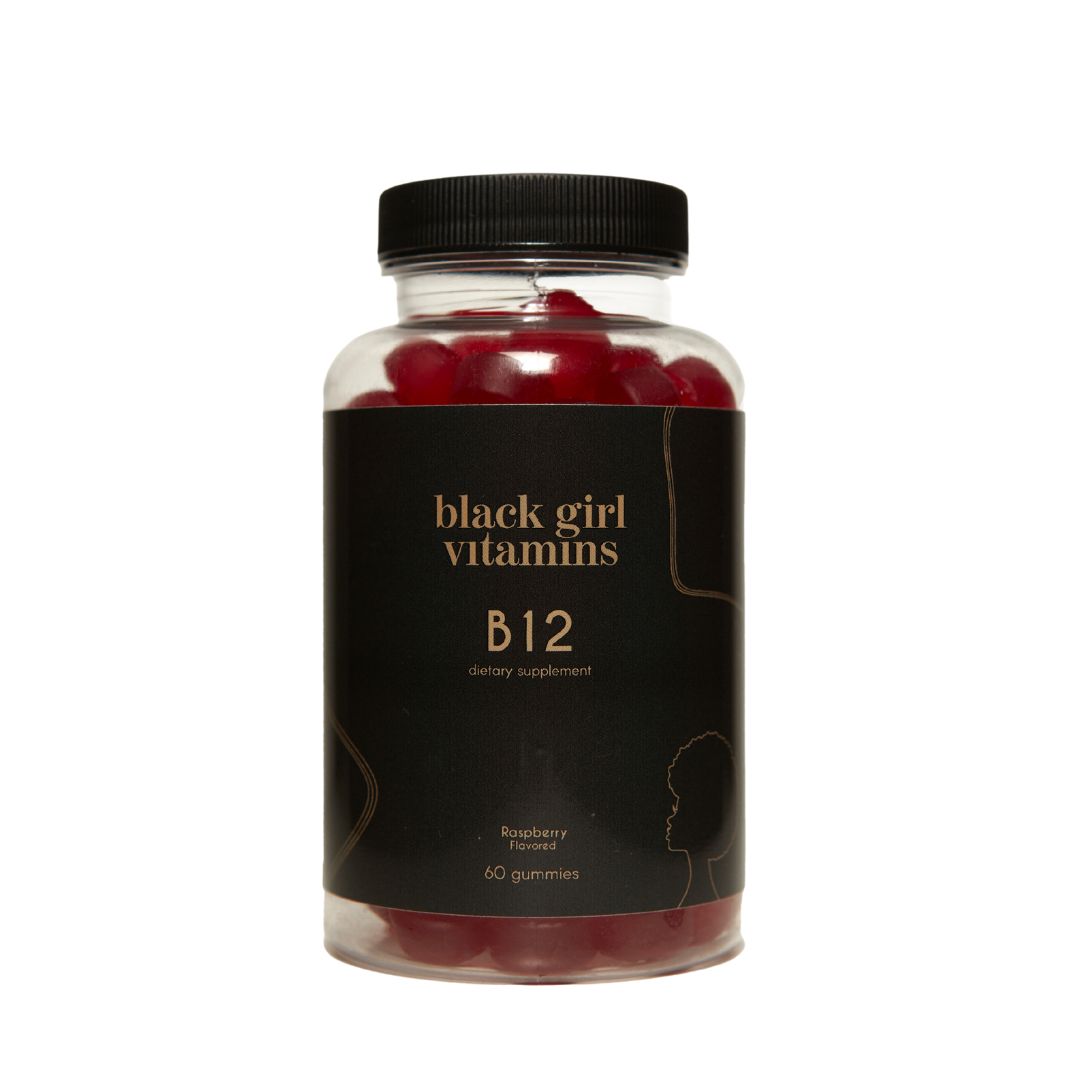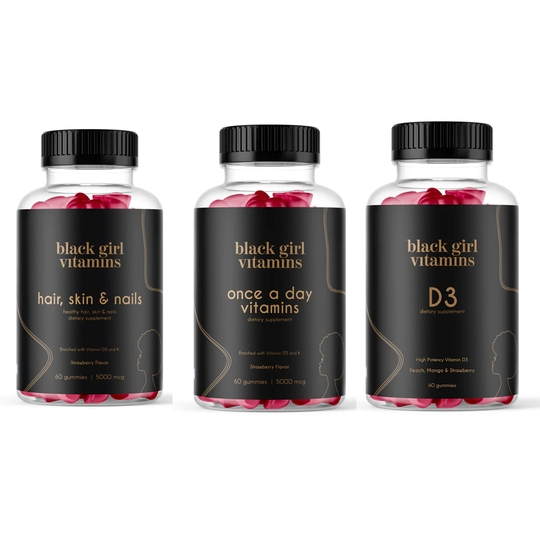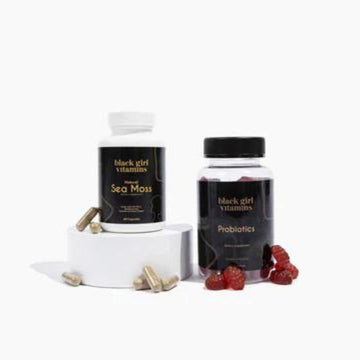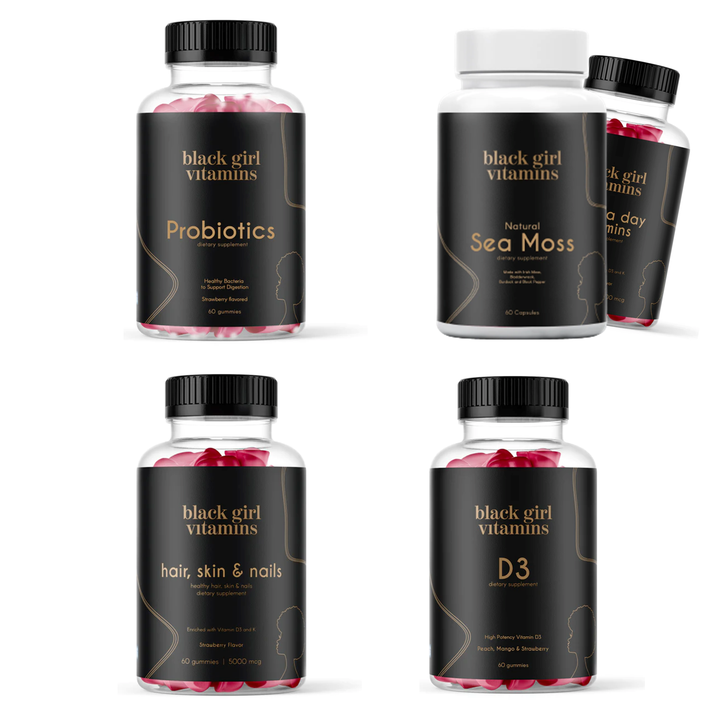Black Maternal Health: The Role of Essential Vitamins and Nutrients
Black maternal health, which refers to the overall health and well-being of African American women during pregnancy, childbirth, and the postpartum period, is an essential aspect of your well-being when you’re part of the Black community. This period of time is critical for the long-term health of both mothers and their babies.
In America, people of color, specifically Black women, experience higher rates of maternal mortality and complications compared to non-Hispanic white people. Systemic racism and inequities within our health care system are sometimes outside of your control on an individual level.
What you can do is take charge of reducing physical and mental health disparities by getting the essential vitamins and nutrients that will play a critical role in supporting your maternal health.
What Are the Essential Vitamins for Black Maternal Health?
Essential vitamins have a significant role in Black maternal health. They contribute to Black mental health and physical well-being during pregnancy and postpartum.
Maintaining proper nutrition is an important aspect of maternal self-care because it helps reduce the risk of complications while supporting the overall health of both you and your little loved one. Let’s take a look at the vitamins and nutrients you need during this time.
Folic Acid
Did you know folic acid is a vital nutrient for preventing neural tube defects in newborns? This is especially important for Black women, who may have genetic factors increasing the risk of this complication.
Adequate intake of folic acid, through diet or supplements, can reduce these risks. Some folic acid-rich foods you may want to add to your diet are citrus fruits, leafy greens, and fortified grains.
Iron
Black women often struggle with iron deficiency, which contributes to anemia. This can further complicate pregnancy.
African American women face higher rates of sickle cell traits, making iron intake especially important.
Your body needs iron to transport oxygen, including to the baby growing inside you. You can increase the iron-rich foods in your diet, such as beans, lean meats, and spinach.
If that’s not enough, you can also use iron supplements under a clinician or provider's supervision.
Vitamin D
Getting enough vitamin D is critical for bone health and immune function, but the higher levels of melanin in your skin can make it more difficult to synthesize this vitamin from sunlight.
Deficiencies in vitamin D can lead to pregnancy complications like preeclampsia. High-quality vitamin D supplements can help, as can eating more fatty fish, eggs, and fortified dairy products.
Calcium
Your body needs calcium to maintain bone health, but it needs even more during pregnancy to support a developing baby. If you’re one of the many Black women who are lactose intolerant, it might be hard to get enough from traditional sources.
Increasing the intake of fortified plant-based milks, leafy greens, and calcium supplements can help meet the needs of both you and your growing child.
Omega-3 Fatty Acids
Omega-3 fatty acids support your mental well-being and help the brain development of the growing fetus. You can get these by eating flaxseeds, walnuts, and fatty fish. But, if you don’t get enough from diet alone, you may benefit from omega-3 supplements.
Create a Nutrient-Rich Diet for Black Maternal Health
A nutrient-rich diet is necessary for Black maternal health and safeguards the well-being of both mother and child. Many Black women want to achieve this by incorporating culturally relevant and nutrient-dense foods.
Meeting the increased nutritional demands of pregnancy while honoring traditional culinary practices has challenges, but it is possible.
Some foods that are traditionally enjoyed within the African American community are also excellent sources of essential vitamins and nutrients. Collard greens are a leafy powerhouse, rich in calcium, iron, and folic acid.
Sweet potatoes are high in beta-carotene and vitamin A, making them essential for fetal development. Fatty fish, such as salmon, provide omega-3 fatty acids, which can support fetal brain development and your own mental health needs.
Time constraints and other stressors make meal planning and preparation important tools in helping you get the nutrients you need. Using affordable and accessible ingredients when preparing menus in advance will help you maintain a balanced diet throughout pregnancy.
You may even find you enjoy the challenge of exploring healthy recipes that include your favorite traditional ingredients, making it easier to stick to a nutrient-rich diet while enjoying the familiar flavors you love.
The Essentials of Black Maternal Health
Essential vitamins and nutrients play an important role in supporting your well-being during pregnancy.
While a nutrient-rich diet is the foundation, supplementation is sometimes necessary to fill dietary gaps so you and your baby have what you need to thrive. You may require specific supplements tailored to the unique nutritional needs of Black women due to higher rates of certain deficiencies.
Choosing high-quality prenatal vitamins that are designed for you can be an important part of your maternal health plan.
Sources:
Folic Acid: The Vitamin That Helps Prevent Birth Defects | health.ny.gov
What To Know About Sickle Cell Anemia in African Americans | Medical News Today





